Masochism of the writer Sacher-Masoch and the "Confession" of his wife
Categories: Culture
By Pictolic https://pictolic.com/article/masochism-of-the-writer-sacher-masoch-and-the-confession-of-his-wife.html"Venus in Furs" is a famous novel by Leopold Sacher—Masoch, which still excites the imagination of the public. The plot of the novel has been repeatedly addressed by theater and cinema directors, and its latest sensational film adaptation was realized by Roman Polanski himself. Reality or creative fiction — how to treat the iconic work of Sacher-Masoch, in which he describes a special type of love or love addiction — masochism? One of the answers to this question is offered by the writer's ex—wife, Wanda von Dunaeva, who in 1906 published a shocking book — "Confession of My Life".

"Venus in Furs" was first published in 1870, and 16 years after the publication of this book, the famous German psychiatrist Richard Kraft-Ebing wrote a scientific work entitled "Sexual psychopathy", in which a separate chapter was devoted to each sexual perversion.

In this work, Kraft-Ebing describes masochism — a kind of perversion of sexual life, in which a person experiences sexual arousal when another person treats him as a slave, humiliating and bullying in every possible way. The reason to call this anomaly masochism was the fact that the writer Sacher-Masoch in his novels often depicted this perversion, which was not yet scientifically investigated.
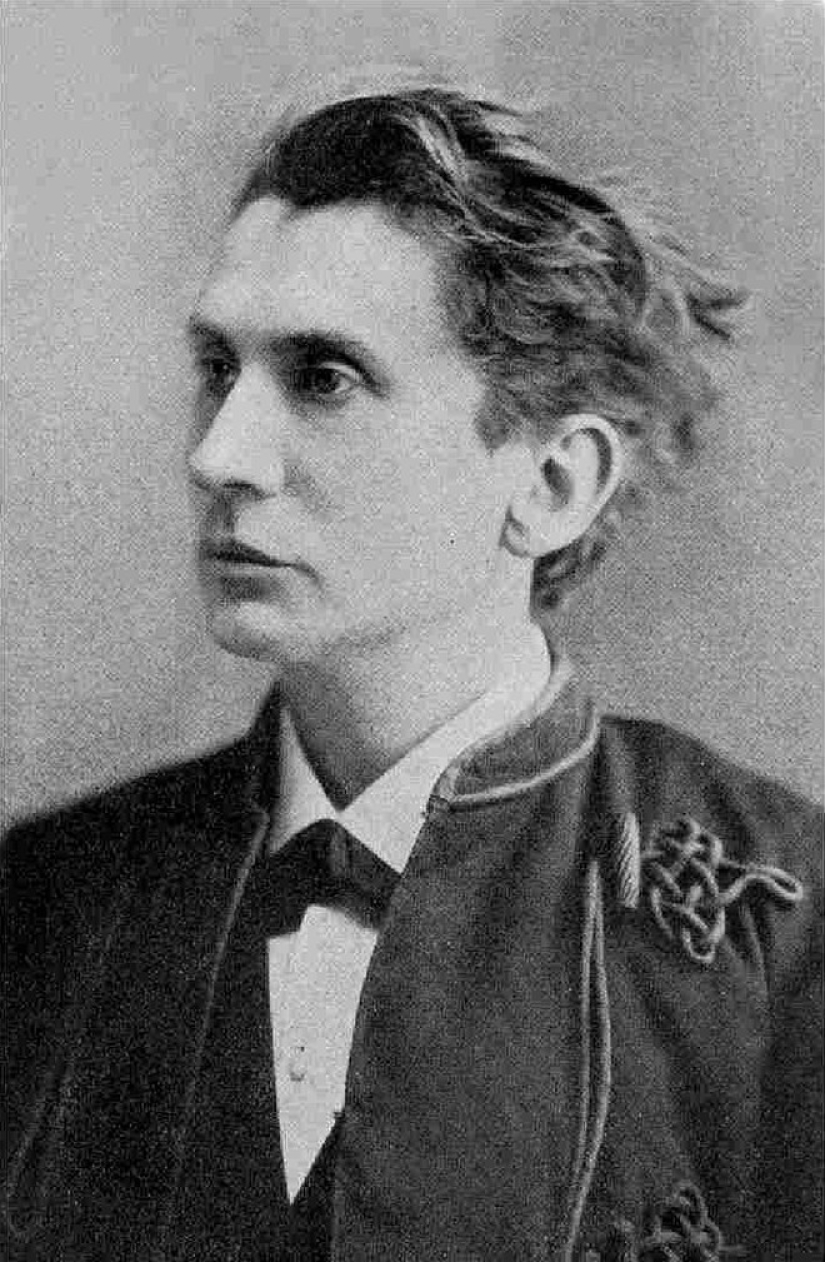
Sacher-Masoch was outraged by such a "clinical" reading, in which his work was reduced to nothing more than psychopathological symptoms.
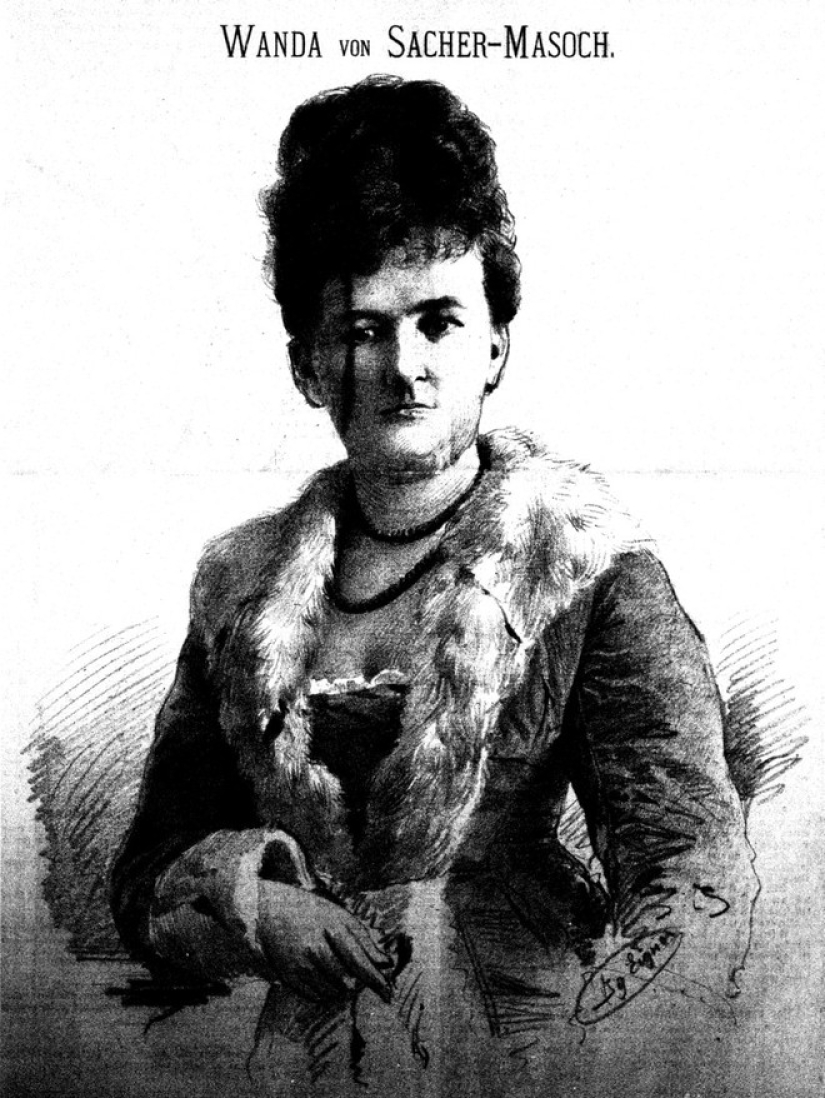
And in 1906 (after the death of Leopold Sacher-Masoch), Wanda von Dunaeva published The Confession of My Life. The book blew up the public: someone admired the elegance of the style and frankness of the writer's ex-wife, someone accused her of slander and desecration of his memory. According to the Confessions, Leopold forced Wanda to live by the book "Venus in Furs", demanded that all his perverted fantasies and desires come to life, and if his wife refused, he frightened her with an imminent creative crisis and lack of money, which did not suit the money—hungry Wanda in any way. So how did they live?
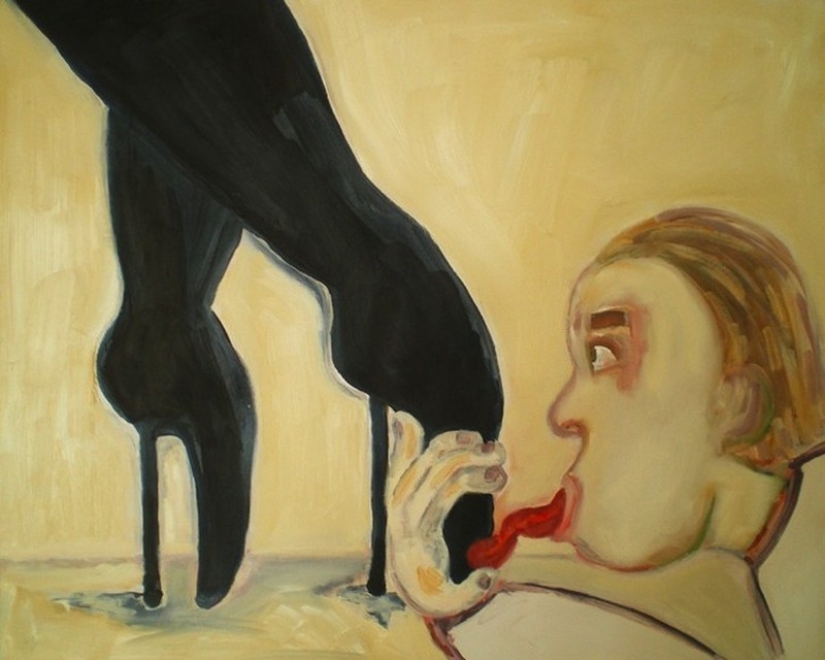
There was nothing banal in this story from the very first day: Wanda's friend once brought her a book by Leopold Sacher-Masoch, which the girl read excitedly. Soon after, rumors spread around the city that the famous writer Sacher-Masoch broke off his engagement with his fiancee. This news excited the public of Graz, but did not surprise Wanda's friend at all, who commented on the incident in this way: "There is nothing surprising in the fact that he abandoned this poor thing, a Sacher-Masoch needs a woman who can completely subdue him, and the worse she treats him, the stronger their union will be."

A friend offered Wanda a bet: she would write a letter to Sacher-Masoch, in which she would appear before him the very demonic woman, the mistress, whom he described in his novels. Wanda was sure that Leopold would not answer and she would win the argument, but it turned out differently. The answer to the provocative letter came the next day. Sacher-Masoch assured that he was glad to receive the letter and the stranger was not mistaken in assuming that a weak woman was not his ideal. The correspondence continued in the same vein, and the harsher the stranger's letters were, the more complaisant and happier the famous writer became, until one day he began to pray that she would come and put him in chains, and then do whatever she wanted with him.
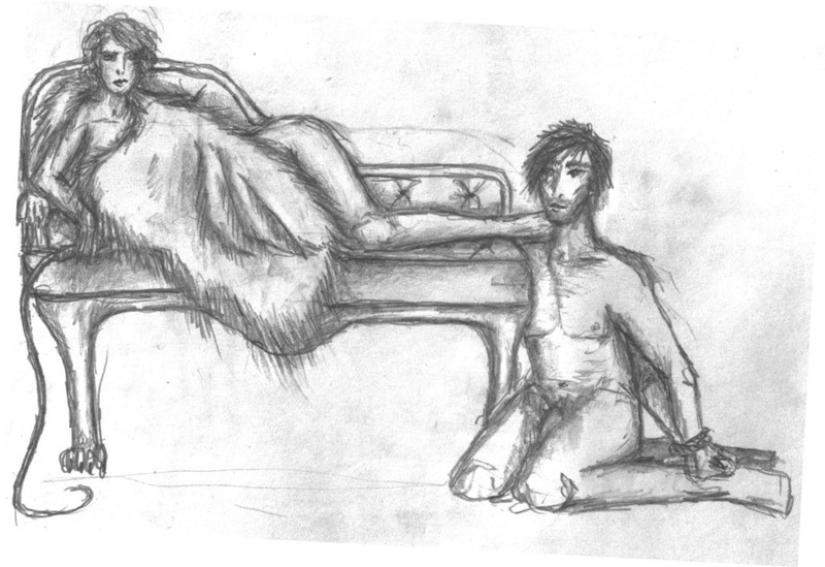
At the insistence of a friend, Wanda came to meet with the Sacher-Masoch, who introduced herself as a married lady, which further spurred the writer's interest. From that moment on, the couple began to see each other more often, and eventually they began to live together, and Wanda's nonexistent husband was safely forgotten. Sacher-Masoch's desire was to give his wife unlimited power over herself. He demanded that she insult him, beat him, trample on him with her feet. If you believe Wanda's "Confession", then her husband forced her to sign a contract that gave her complete freedom of action.
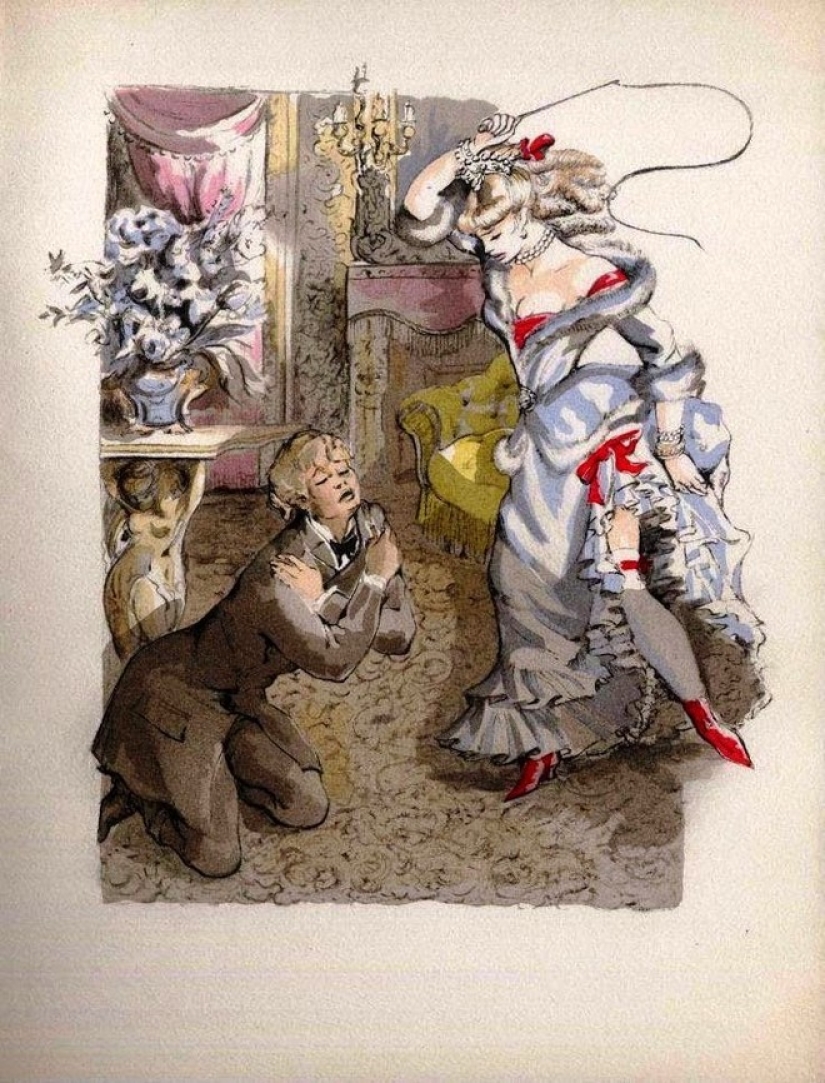
The situation reached the point of absurdity: Sacher-Masoch asked Wanda to dress provocatively, wrap herself in furs and travel alone — in his opinion, ladies who travel unaccompanied "can strike up interesting relationships." Leopold wanted his wife to meet a "Greek" on one of these trips — a young, cruel and handsome man with whom she would cheat on him. If we recall the novel "Venus in furs", then the "Greek" is a character who becomes a lover of "Venus", for his sake she leaves her devoted slave, thereby ending their sadomasochistic story.
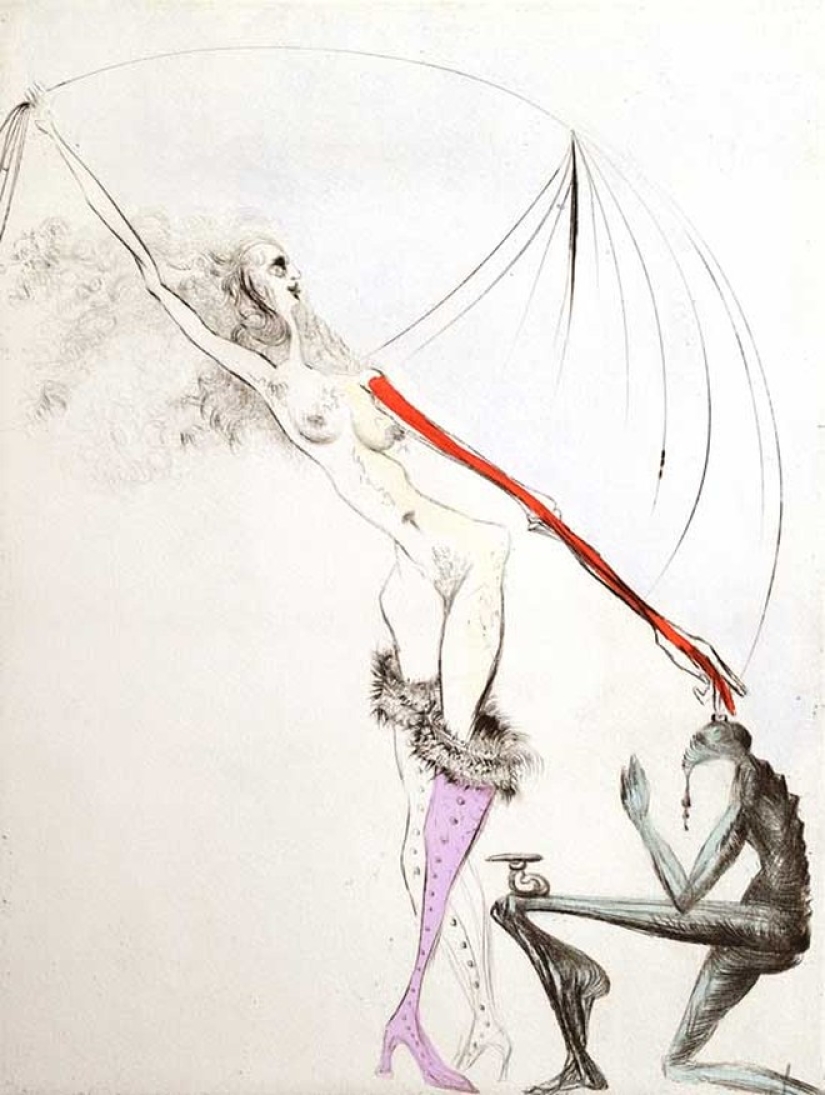
By the way, the writer's wife was actually named Aurora von Rumelin, Wanda von Dunaeva is a pseudonym that the girl adopted immediately after her wedding with Sacher-Masoch. This name originally belonged to the main character of the novel "Venus in Furs", whose role, at the insistence of her husband or for her own pleasure, was played for several years by Aurora von Rumelin.

In her "Confession", Wanda explains that she indulged her husband's oddities because he promised that if she agreed to bring all his fantasies to life, the character of the "demonic woman" would disappear forever from his literary works. The fact is that German literary criticism of those years rather negatively assessed the "masochistic trend" that had emerged in the work of Sacher-Masoch, readers demanded changes, hoped to see romantic, inexperienced young ladies in the writer's novels.
Eventually, Wanda and Leopold broke up: she went to another, more affluent man, he also did not remain alone. However, they were forever connected by this controversial book — "Confessions of My Life". It seems that the task of the "Confession" is to convince the reader that Wanda is an unfortunate victim, and Sacher—Masoch is an evil genius. But between the lines it is read that Wanda was his accomplice, who consciously and voluntarily agreed to play out the scenario of her life according to the plot of "Venus in Furs". She probably enjoyed it.
Recent articles

It's high time to admit that this whole hipster idea has gone too far. The concept has become so popular that even restaurants have ...

There is a perception that people only use 10% of their brain potential. But the heroes of our review, apparently, found a way to ...

New Year's is a time to surprise and delight loved ones not only with gifts but also with a unique presentation of the holiday ...